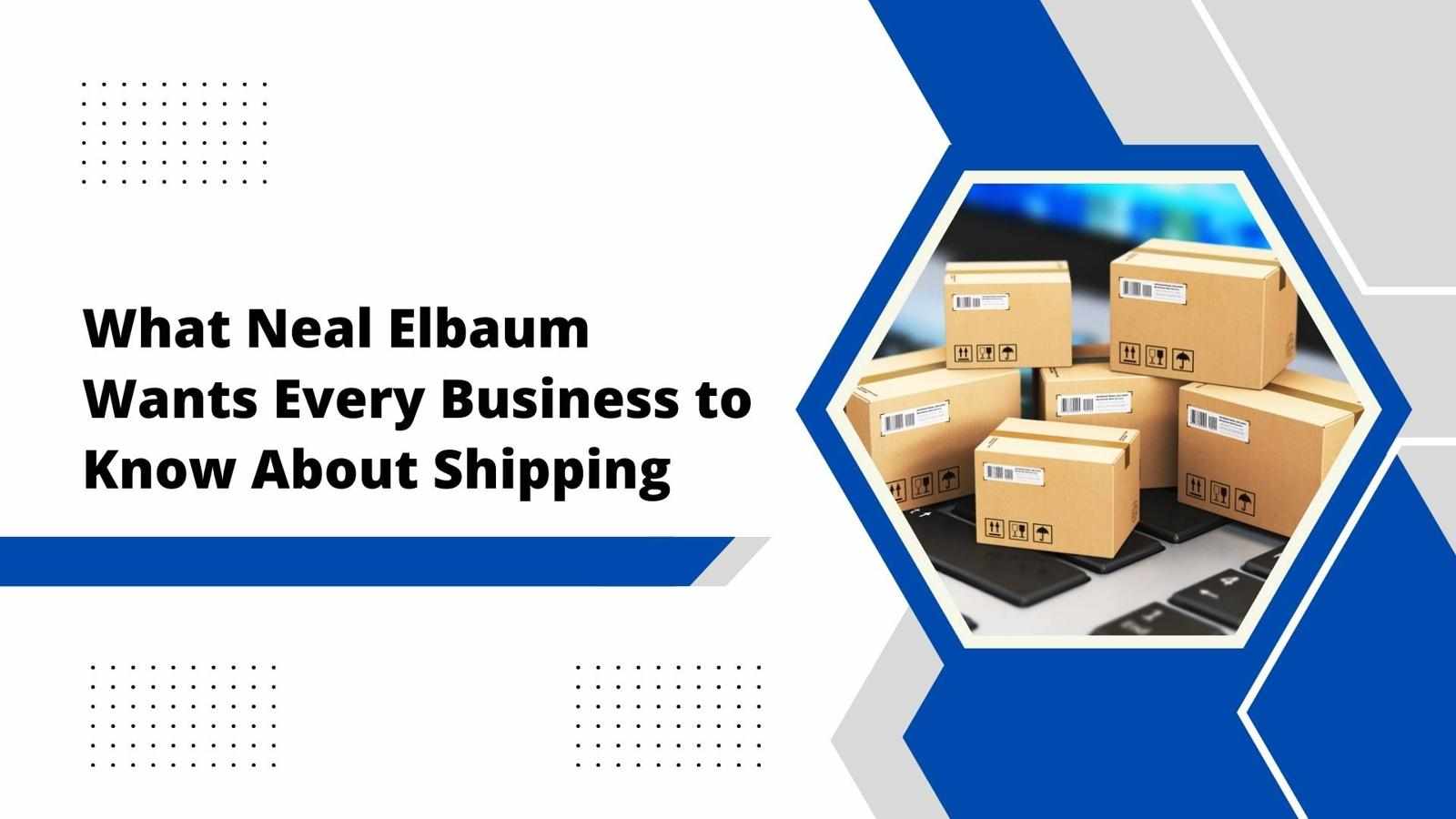
Road freight shipping is a critical component of the supply chain, but it often comes with high costs. Neal Elbaum, a logistics expert, offers valuable insights on how businesses can reduce expenses without compromising efficiency. By adopting smart strategies, companies can optimize their operations and achieve significant cost savings.
Streamlining Route Planning for Cost Efficiency
One of the most effective ways to cut costs in road freight shipping is through optimized route planning. Neal Elbaum emphasizes the importance of using advanced logistics software to identify the shortest and most fuel-efficient routes. Avoiding congested areas, minimizing empty miles, and leveraging real-time traffic data can significantly reduce fuel consumption and transit times. Businesses that invest in smart route planning solutions often experience lower operational costs and improved delivery schedules.
Enhancing Load Optimization for Maximum Savings
Maximizing truck capacity is another key strategy to reduce expenses in freight shipping. Neal Elbaum advises businesses to ensure that each shipment makes full use of the available cargo space. By consolidating shipments and improving load distribution, companies can decrease the number of trips required, leading to lower fuel and labor costs. Additionally, using technology-driven solutions such as load-matching platforms can help connect shippers with available truck space, making the process more cost-effective.
Investing in Fuel-Efficient Practices
Fuel costs account for a substantial portion of road freight expenses. Neal Elbaum highlights the importance of implementing fuel-efficient practices to mitigate this challenge. Businesses can reduce fuel consumption by training drivers in eco-friendly driving techniques, maintaining optimal tire pressure, and minimizing idling time. Upgrading to fuel-efficient vehicles or utilizing alternative fuel sources can also contribute to long-term savings. With fuel prices fluctuating, adopting these measures ensures a more predictable and controlled budget.
Leveraging Technology for Smarter Logistics
Technology plays a crucial role in cost reduction across the logistics industry. Neal Elbaum recommends businesses embrace digital tools such as telematics, GPS tracking, and automated fleet management systems. These technologies provide real-time insights into vehicle performance, route efficiency, and driver behavior, helping companies make data-driven decisions to enhance productivity and reduce unnecessary expenses. By leveraging automation and data analytics, businesses can eliminate inefficiencies and improve overall profitability.
Strengthening Carrier Relationships for Better Pricing
Negotiating favorable rates with carriers is an essential cost-cutting strategy. Neal Elbaum advises businesses to build strong partnerships with reliable freight providers, as long-term collaborations often result in better pricing and service agreements. By consolidating shipments and increasing order volumes, businesses can gain leverage in negotiations, securing more competitive freight rates. Establishing a strong network of carriers also provides flexibility in choosing cost-effective shipping options when market conditions fluctuate.
Adopting these smart strategies can transform road freight shipping into a more cost-efficient operation. Neal Elbaum’s insights highlight the importance of route optimization, load maximization, fuel management, technology integration, and strategic carrier relationships in achieving long-term savings.



















Write a comment ...